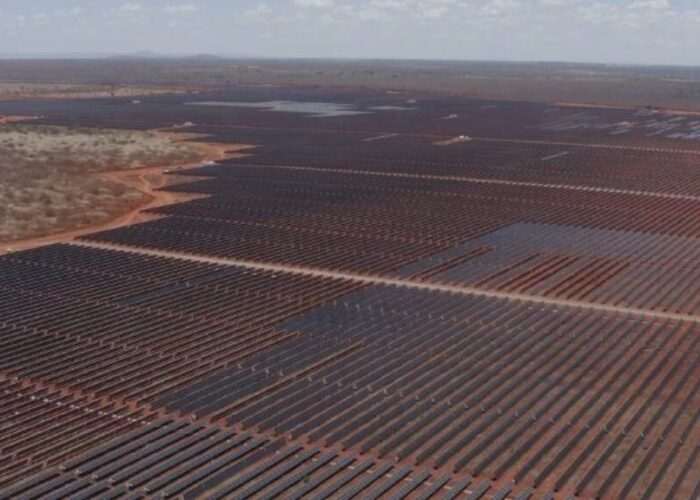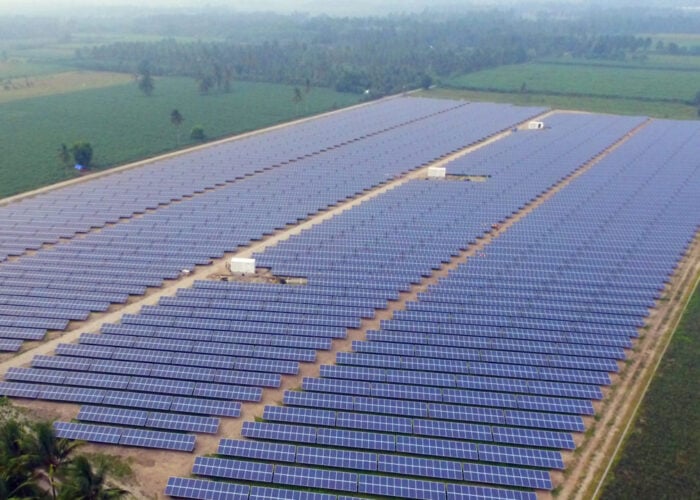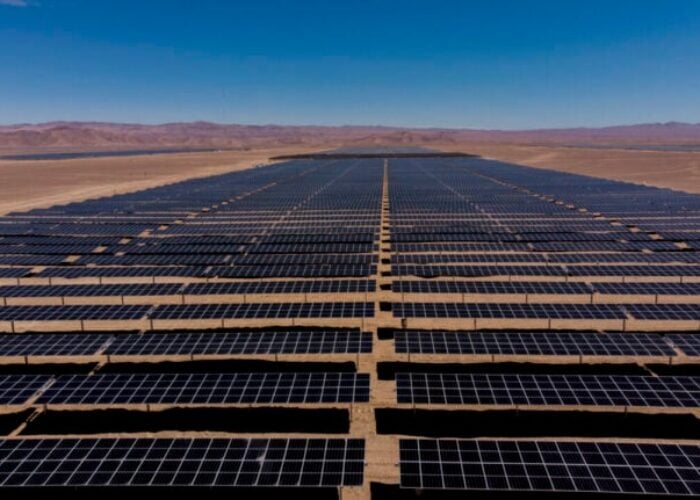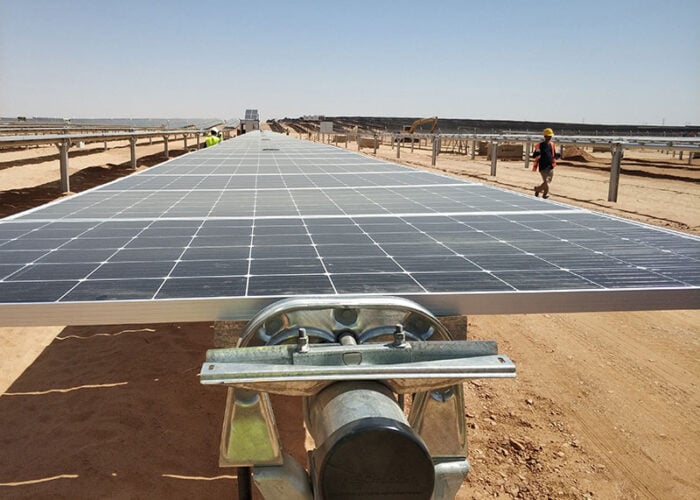
Solar has been removed from participating in Brazil’s first renewables auction this year while the second auction has been delayed to 16 December.
Brazil’s Ministry of Mines and Energy (MME) announced that now only hydroelectric projects can be submitted to its 1st Reserve Energy Auction, which has also been delayed from 29 July to 23 September.
Unlock unlimited access for 12 whole months of distinctive global analysis
Photovoltaics International is now included.
- Regular insight and analysis of the industry’s biggest developments
- In-depth interviews with the industry’s leading figures
- Unlimited digital access to the PV Tech Power journal catalogue
- Unlimited digital access to the Photovoltaics International journal catalogue
- Access to more than 1,000 technical papers
- Discounts on Solar Media’s portfolio of events, in-person and virtual
Meanwhile, the 2nd Reserve Energy Auction, originally scheduled for October with 12.5GW of solar projects already accredited, will now be held in December for both wind and solar participants. For this auction, the deadline for registration was reopened and ends on 8 August, allowing more projects to be submitted.
MME said that the changes were made in order to align the completion dates of the solar and wind projects with an analysis of Brazil’s SIN grid. The delays will also give more time for administration regarding the projects that have already been registered.
The solar wind projects in the second auction will still have to supply energy for 20 years, starting from 1 July 2019. Details on the capacity of the solar and wind auction were not provided.
Minister of mines and energy, Fernando Coelho Filho has already spoken publicly about the need to diversify from just using the auction process for renewables in Brazil. This came after delays and uncertainty around this year's auctions, which have now been realised.
Brazil has already held three auctions involving solar during 2014 and 2015, however, the first solar auction in 2014 has already hit setbacks with several major developers asking the regulator ANEEL for more time to complete their projects after following a major slump of the Brazilian currency over the last two years.







